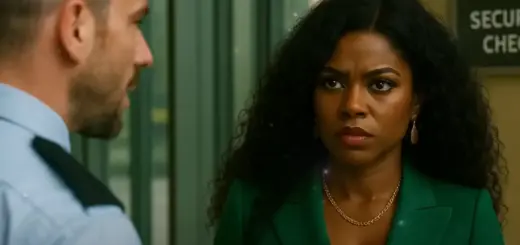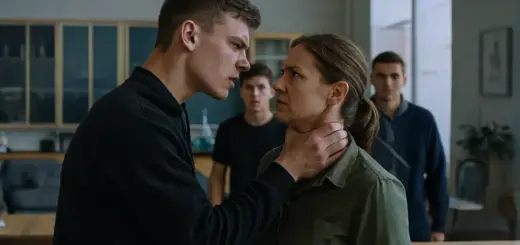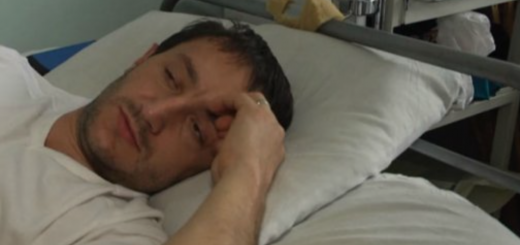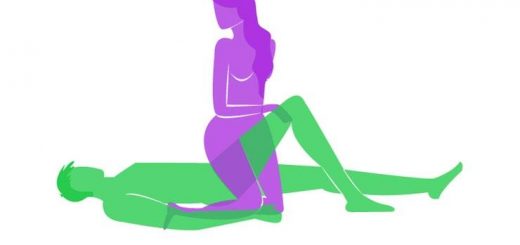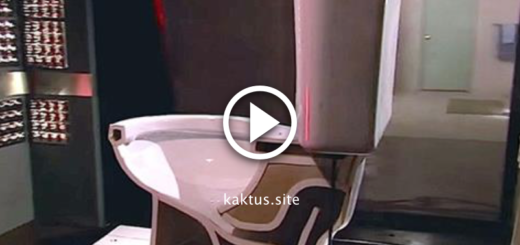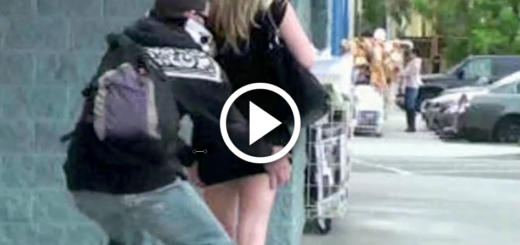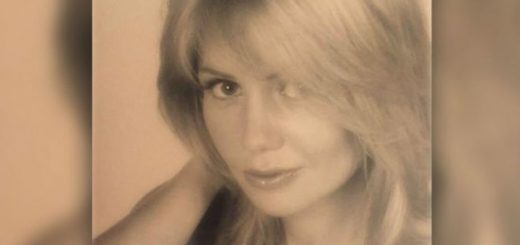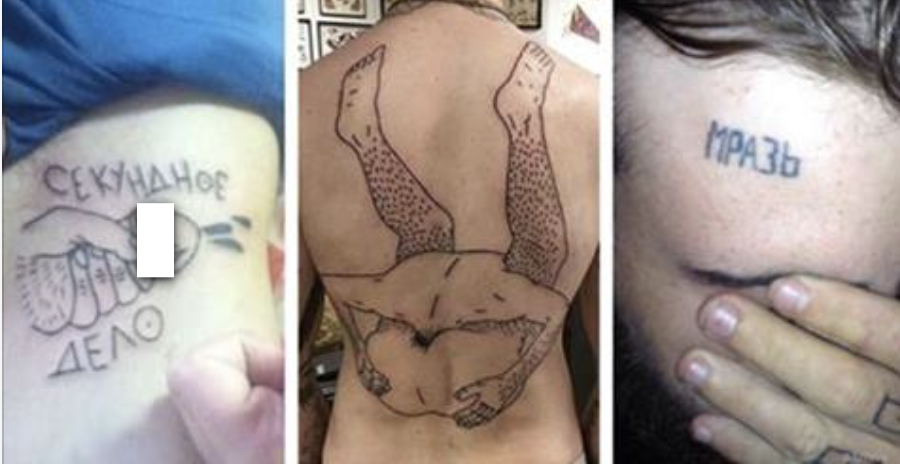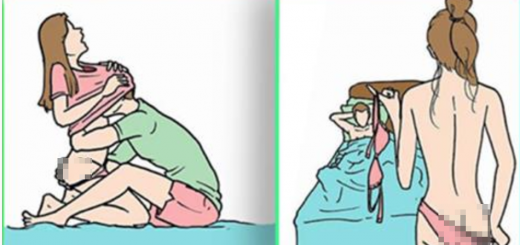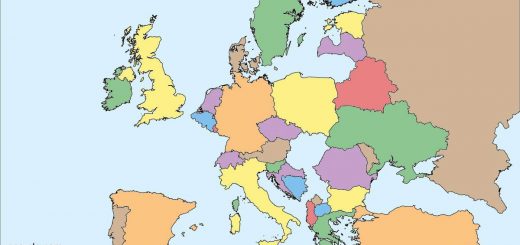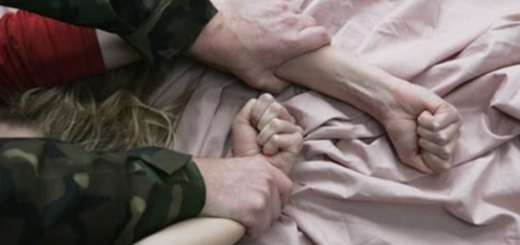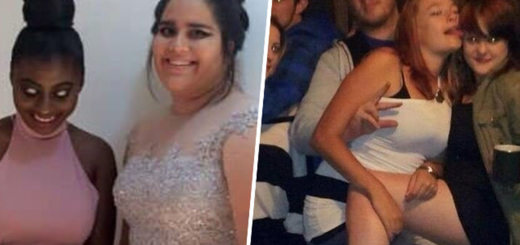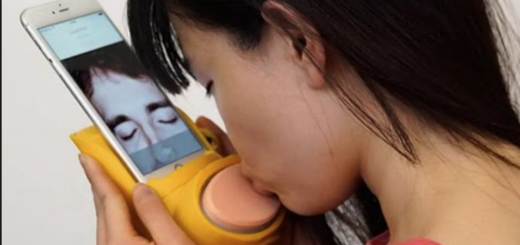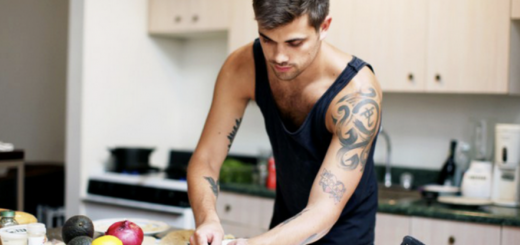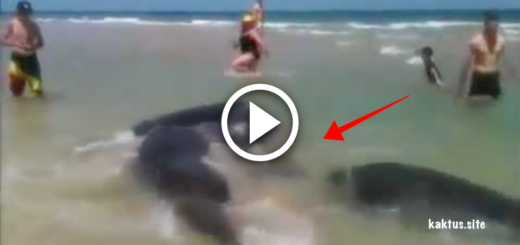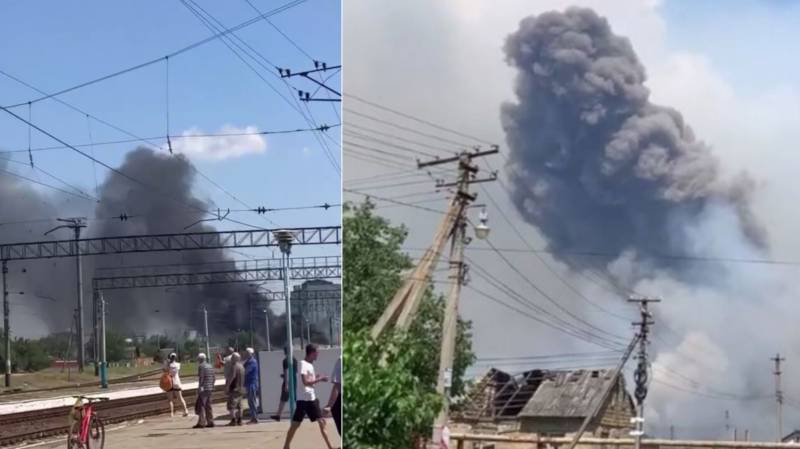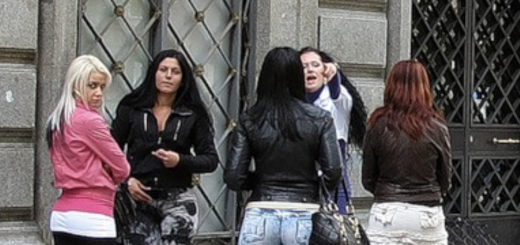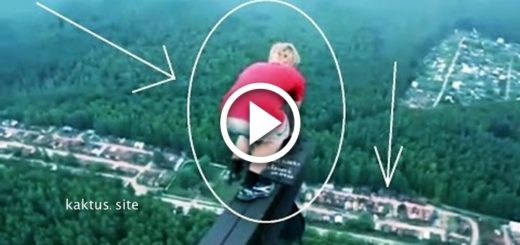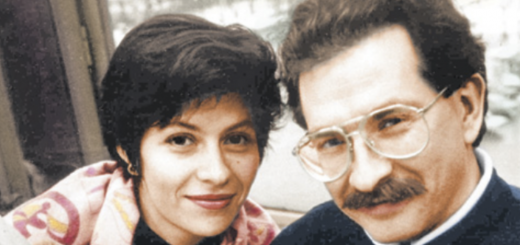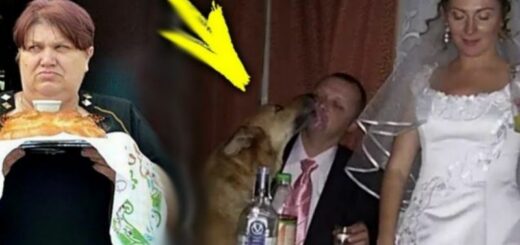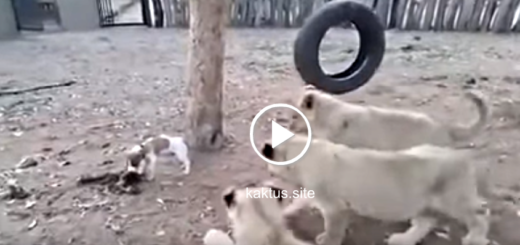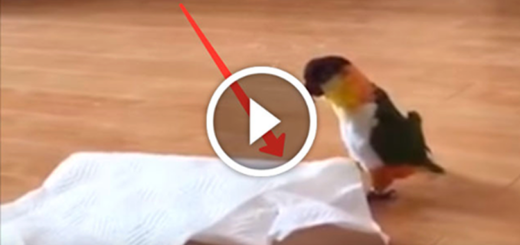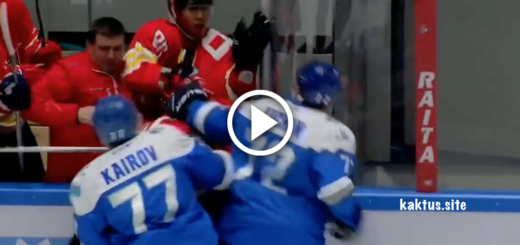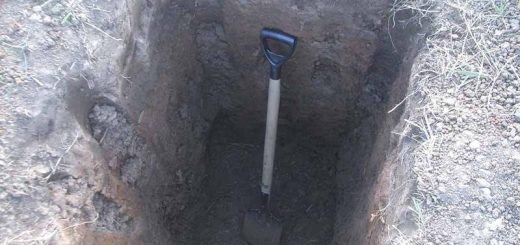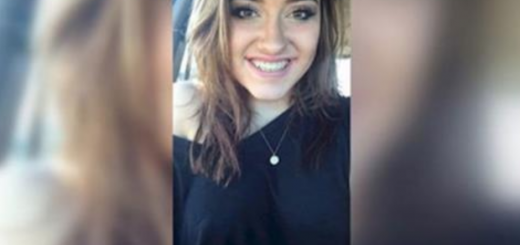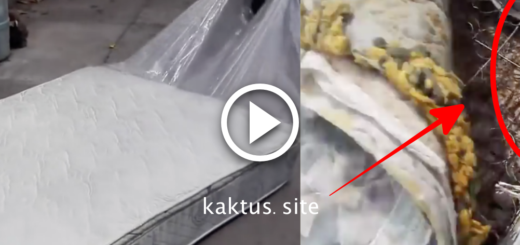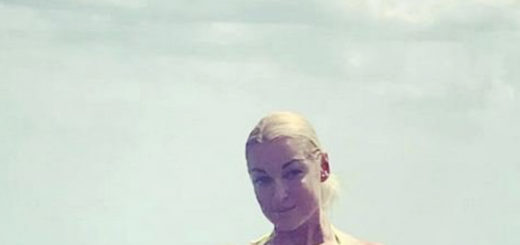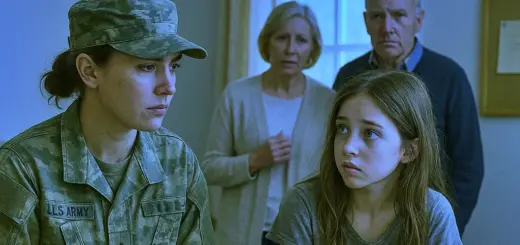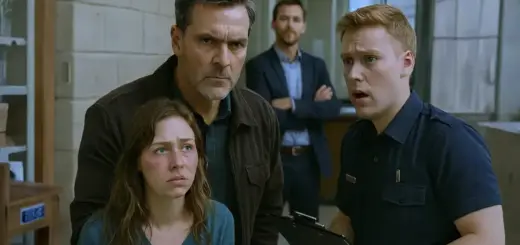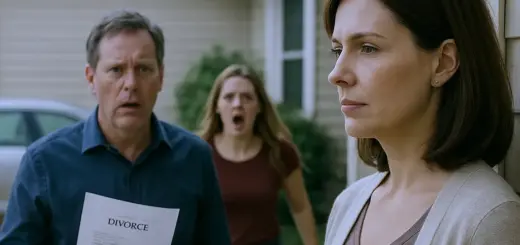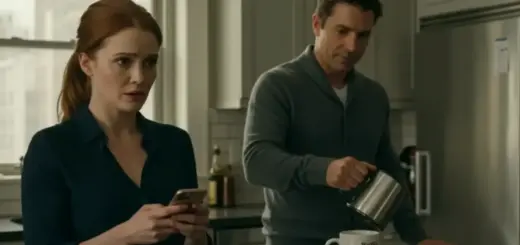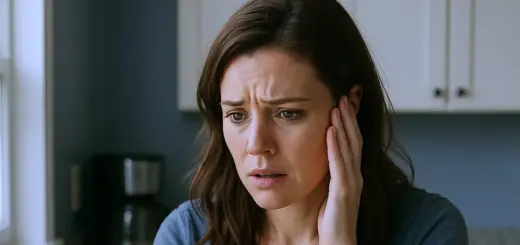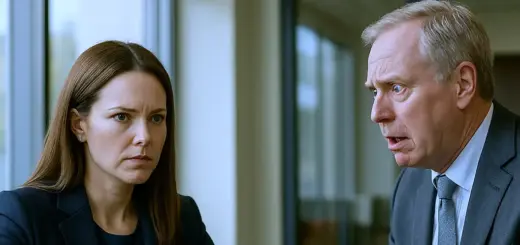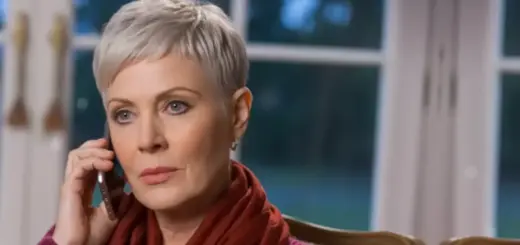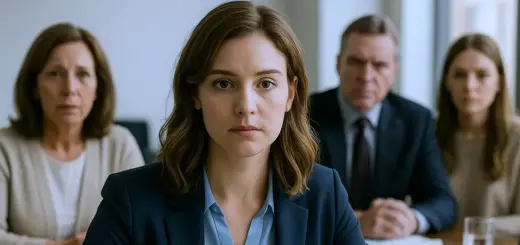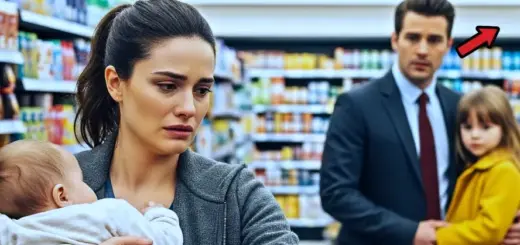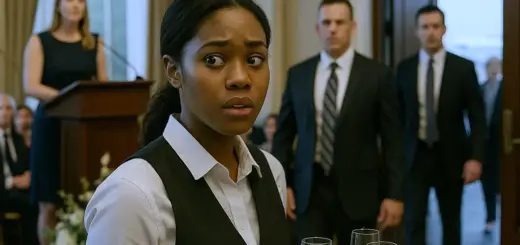My finger hovered over the voicemail icon, heart pounding. Scout sensed my distress, pressing his warm body against my legs. The morning sunlight streamed through the kitchen windows, illuminating the ordinary breakfast scene: coffee mug, half-eaten toast, laptop open to client emails, now transformed by this unexpected connection to my former life.
I pressed play, holding my breath.
Jennifer… or Megan, I guess it’s Megan now. Ethan… it’s your brother. I know it’s been years, and you probably don’t want to hear from any of us. But Dad had a heart attack last night. It’s bad. The doctors aren’t sure if he’ll make it. I thought you should know. My number is…
I disconnected before the message finished, hands shaking so badly I dropped the phone. Scout whined, nudging my palm with his nose.
«I’m okay,» I whispered, more to myself than to him. «I’m okay.»
But I wasn’t. My carefully constructed compartmentalization was crumbling. Within minutes, other notifications appeared. An email from an address I didn’t recognize, but with the subject line: «Your father, please read.» A Facebook message request that simply read: «Jennifer, it’s Mom. Please call. It’s urgent.»
Twenty years of silence, and now this barrage of communication. Why now? What did they want from me?
The panic attack hit without warning. My chest tightened, breathing became shallow, and the kitchen walls seemed to close in. I hadn’t experienced one this severe in years. Fumbling for my phone, I called Dr. Reynolds’s office, grateful when she agreed to see me within the hour.
«Your reaction is completely normal,» she assured me as I sat in her familiar office, clutching a tissue. «This is a significant trigger connecting to your core trauma.»
«I don’t understand why I’m so affected,» I admitted. «I made peace with cutting them off years ago.»
«Did you?» she asked gently. «Or did you build a life around the absence of that peace?»
The question hit harder than I expected. Had I truly processed my childhood or just successfully avoided confronting its deepest wounds?
«What do I do?» I asked finally.
«That depends on what you want,» Dr. Reynolds replied. «There’s no right answer here, Megan. You can maintain the boundaries you’ve established, which would be entirely valid. Or you can engage, on your own terms, if there’s something you need from this interaction.»
«What would I possibly need from them?»
«Only you can answer that. Closure? Answers? The opportunity to speak your truth? Or perhaps confirmation that your decision to leave was the right one?»
I left the session with more questions than answers, but also with grounding techniques to manage the anxiety that threatened to overwhelm me. Back home, I called the two people who had earned the right to advise me on family matters.
Sarah answered on the second ring. «Megan, what a lovely surprise!»
The moment I heard her voice, I broke down again. Through tears, I explained the situation.
«Oh, sweetheart,» she said when I finished. «What can we do?»
«Tell me what to do,» I pleaded.
«You know we can’t do that,» she replied gently. «But I can tell you that whatever you decide, Thomas and I support you completely. Your relationship, or lack thereof, with your birth family doesn’t change anything between us.»
After hanging up, I called Audrey, who offered to come over immediately. Within an hour, she was at my kitchen table, pouring wine despite the early hour.
«Okay, let’s think this through,» she said pragmatically. «What’s the worst that could happen if you respond?»
«They could try to pull me back into their dysfunction, make me feel responsible for them, dismiss everything they did, re-traumatize me.»
«And what’s the worst that could happen if you don’t respond?»
I considered this carefully. «I might always wonder. Maybe regret not having said what I needed to say.»
«So the question isn’t really about them,» Audrey observed. «It’s about what you need.»
When Brian came home that evening, he found me surrounded by research: printouts about heart attacks, treatment protocols, recovery rates. My graphic designer’s mind had created a flow chart of possible responses and their potential consequences.
«I see you’ve been busy,» he said, kissing the top of my head.
«I need to understand what’s happening medically before I decide anything,» I explained. «If this is really life or death, or if it’s a manipulation.»
«Is that terrible of me to even think that?»
«No,» he said firmly. «It’s self-protective and smart.»
We talked late into the night, weighing options and scenarios. Brian, who had never met my birth family but had witnessed the aftermath of their damage, maintained that I owed them nothing.
«But this isn’t about owing,» he acknowledged. «It’s about what will help you move forward.»
By morning, I had reached a decision. I would not call or visit immediately, but I would respond to Ethan’s message with a text.
This is Megan. I got your message about dad. I need more information before deciding my next steps. How serious is his condition? What exactly do you and mom expect from me?
His reply came within minutes.
Thank you for responding. It was a major heart attack. He’s stable, but critical. Triple bypass scheduled tomorrow. Mom’s a mess. We don’t expect anything. Just thought you should know. Would understand completely if you want no part of this.
The sincerity surprised me. I wrote back:
I need time to think. We’ll be in touch.
Over the next three days, I engaged in intense self-reflection, spoke with Dr. Reynolds again, and ultimately made my decision. I would meet with Ethan, and only Ethan, at a neutral location to get a clearer picture of the situation before considering any contact with my parents.
We arranged to meet at a coffee shop halfway between our locations. Seeing my brother after 20 years was surreal. The teenager I remembered was now a middle-aged man with thinning hair and glasses, dressed in a rumpled button-down shirt and khakis.
«Megan,» he said, standing awkwardly as I approached his table. «Thank you for coming.»
I nodded, not quite ready for pleasantries.
«You look great,» he offered. «Really great.»
«Tell me about dad,» I said, getting straight to the point.
Ethan sighed, seeming relieved to focus on facts rather than emotions. «Triple bypass was successful, but there were complications. He’s still in ICU. The doctors are cautiously optimistic, but at 68, with his history…»
«What history?»
«High blood pressure, high cholesterol, still drinks too much,» Ethan explained. «He retired five years ago when his heart problem started. Sold the hardware store.»
I absorbed this information, trying to reconcile the larger-than-life figure from my childhood with this aging, failing man. «And mom?»
«Falling apart, basically. They’ve been married 45 years. For better or worse, they’re completely dependent on each other.»
«Are you close to them?» I asked, genuinely curious about the life that had continued in my absence.
Ethan hesitated. «Yes and no. I live about an hour away. See them monthly. Nancy, my wife, isn’t their biggest fan, so we keep some distance.»
«Why not?»
Another hesitation. «After you left, things changed. Or maybe I just started seeing more clearly. They never really took responsibility for what happened with you. There were a lot of stories they told—to themselves, to family, to everyone—but over time, especially after having my own kids, I couldn’t keep pretending.»
«What did they tell people about me?» I asked, both dreading and needing to know.
«At first, that you were staying with friends in Chicago for school opportunities. Later, that you’d become rebellious and cut contact, despite their best efforts. Most people believed them. They were good at presenting themselves as victims.»

